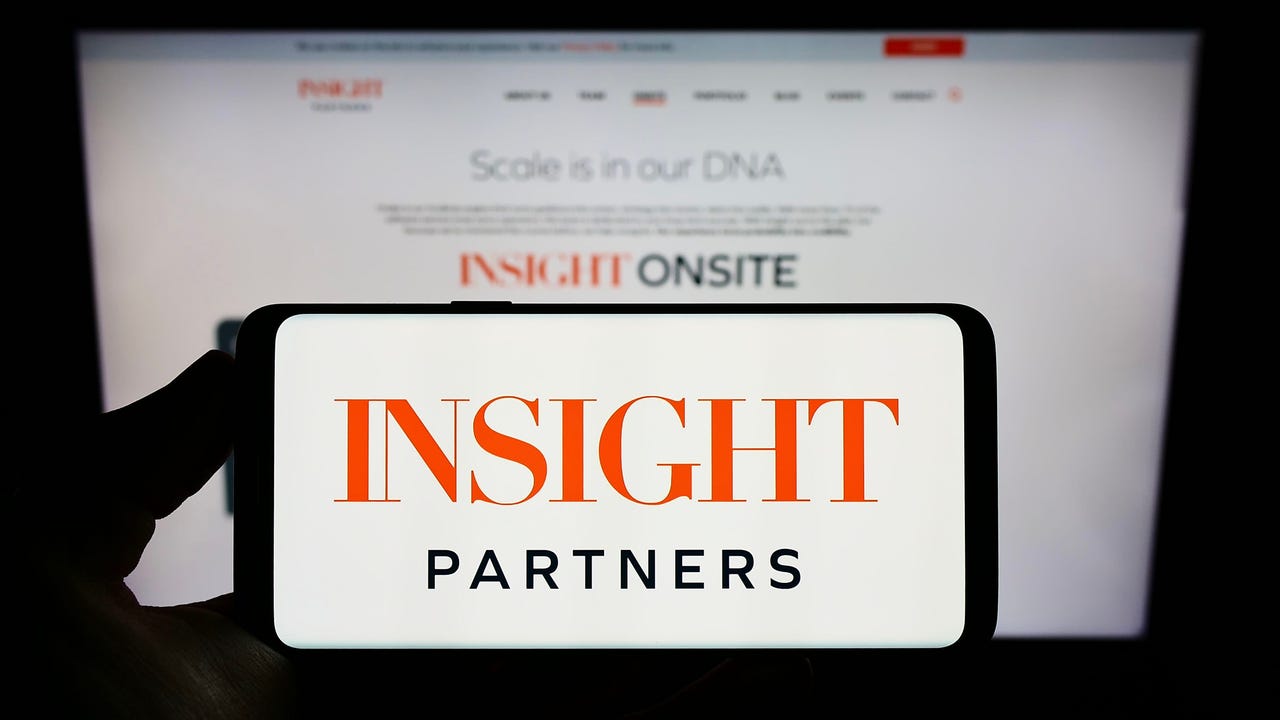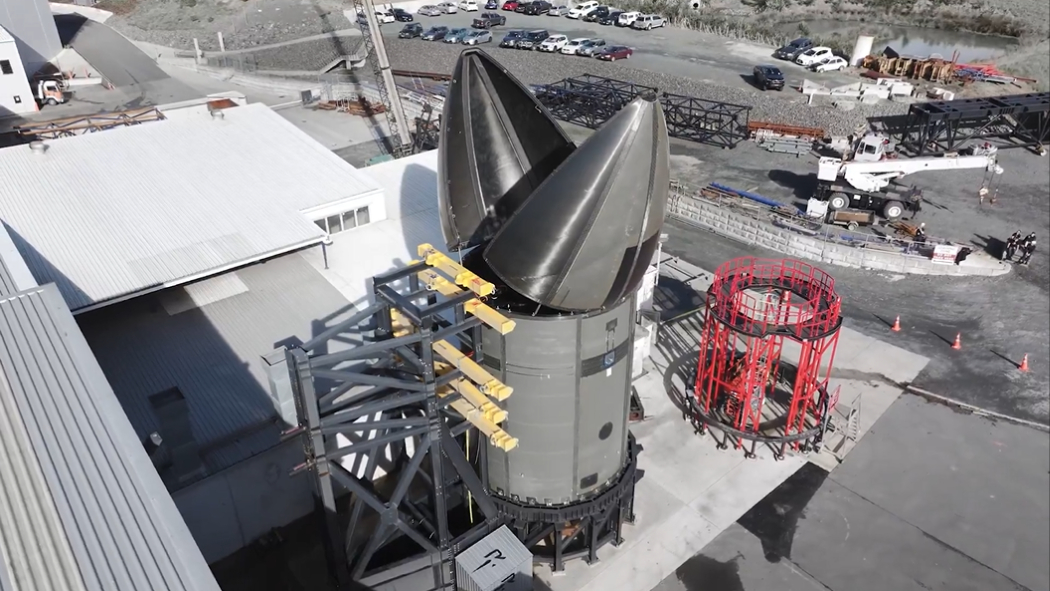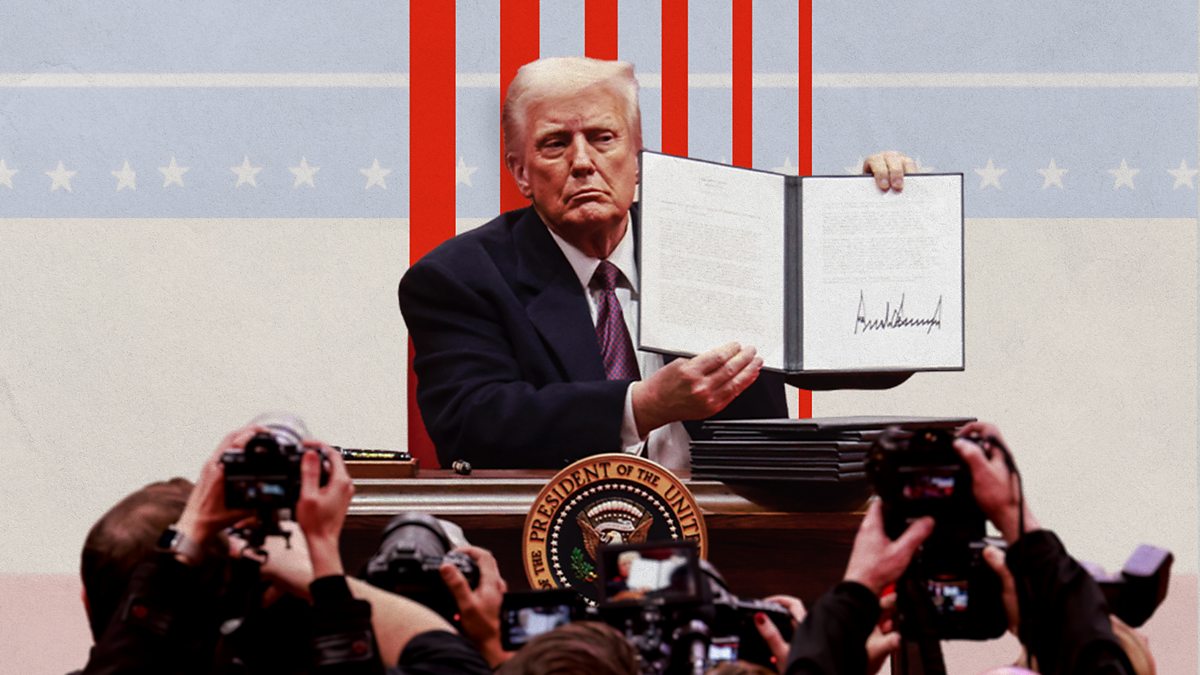Lawmakers push tech leaders on AI, energy in race with China
Leaders from Silicon Valley were met Thursday with a new tone from Congress, where Republican lawmakers urged policymakers to prioritize tech innovation over regulations. Over the course of more than three hours, four major technology leaders, including OpenAI CEO Sam Altman, pitched their ideas to senators on how to stay ahead of China in the artificial...

Leaders from Silicon Valley were met Thursday with a new tone from Congress, where Republican lawmakers urged policymakers to prioritize tech innovation over regulations.
Over the course of more than three hours, four major technology leaders, including OpenAI CEO Sam Altman, pitched their ideas to senators on how to stay ahead of China in the artificial intelligence (AI) race.
Altman warned the Senate Commerce, Science and Transportation Committee that the U.S. is ahead now, but China might not be that far behind.
“It is our belief that the American models including some models from OpenAI, Google and others are the best models in the world. It’s very hard to say how far ahead we are, but I would say not a huge amount of time,” Altman said during the hearing titled “Winning the AI Race: Strengthening U.S. Capabilities in Computing and Innovation.”
Other witnesses were Microsoft Vice Chair and President Brad Smith, CEO of semiconductor maker AMD Lisa Su, and Michael Intrator, co-founder of AI cloud computing startup CoreWeave.
To keep ahead of China, Altman and the other witnesses called on Congress to prioritize AI infrastructure like data centers, training workers like electricians to help build these products and the need for open and broad access to public data.
A 'light-touch' approach
While the hearing touched upon a variety of topics from AI’s energy use to discrimination in models, the push for a light-handed approach underscored both witness testimony and questions from mostly GOP lawmakers.
“Adopting a light-touch regulatory style for AI will require Congress to work alongside the president. ... We need to advance legislation that promotes long-term AI growth and innovation,” Senate Commerce Committee Chair Ted Cruz (R-Texas) said in his opening remarks.
Cruz called out Europe’s regulation-heavy stance, warning it “killed tech in Europe.”
The tech leaders echoed this idea, while noting they would still support a streamlined federal approach that would make clear the rules and speed up development.
“One federal framework that is light touch that we can understand and lets us move with the speed that this moment calls for seems important and fine,” Altman said, later noting a state-by-state approach would be “burdensome.”
While more than 100 bills were introduced last Congress to place new rules and guardrails on AI, very few made it past the finish line. States have taken the matter into their own hands, creating a patchwork of legislation for companies to deal with.
Altman’s support for this approach is a sharp reversal from two years ago, when he appeared before a Democratic-majority Congress and emphasized the need for regulation and guardians on AI development.
Two years later, Republicans and President Trump are back in control, with the message of prioritizing innovation over regulation to lead in the global tech space.
Altman signaled an alignment with this approach, at one point going further than the other tech leaders.
When asked by Sen. Maria Cantwell (D-Wash.) if the National Institute of Standards and Technology should set standards for AI model, Altman said, “I don’t think we need it. It can be helpful.”
The other witnesses said yes when asked.
Altman later said he would support a “risk-based approach” to regulations when suggested by Sen. Amy Klobuchar (D-Minn.).
The need for infrastructure, energy
The conversation took various twists and turns, but witnesses usually came back to the need to build and power the infrastructure used for AI development.
“We are moving towards a period of this race where the size, the magnitude of the infrastructure that is being required to move our artificial intelligence, the labs that are building it, the companies that are building it forward at the velocity that is necessary is going to be a specific challenge,” Intrator said.
“It’s tough, and it will get harder as we move through time,” he added. “Because the existing infrastructure that does have opportunity ... some level of elasticity, is going to be consumed and once that is consumed,” he added.
Smith said he hopes the permitting process for data centers will be sped up to accelerate this process.
Altman touted the Stargate investment project as a part of this goal. The project, launched with Trump, OpenAI and the CEOs of Oracle and SoftBank, is intended to invest up to $500 billion in American infrastructure.
The OpenAI co-founder's appearance on Capitol Hill comes one day after he visited one of the Stargate projects underway in Abilene, Texas.
To further boost this project, Altman said OpenAI will offer a program where it will help countries build up their data center capacity in exchange for the country’s investment in Stargate.
Smith with Microsoft took this call a step further, telling senators the country must recruit and train skilled labor like electricians and pipe fitters, along with researchers at national labs and universities to speed up the construction and growth of the data centers.
“The United States needs hundreds of thousands of new electricians, something we should all want to get behind,” Cantwell said.
Altman downplays energy concerns
Democrats on the committee took a more cautious approach when it came to the companies’ demand for more energy supply. Multiple party members hammered witnesses over the environmental impact of data centers and AI infrastructure.
Sen. Ed Markey (D-Mass.), one of the chamber’s most aggressive advocates for action on climate change, pressed the witnesses on how the design, training and deployment of AI models pose a “real risk for our environment.”
“The massive data centers that are critical for AI development require substantial amounts of electricity, putting stress on the grid and potentially raising costs for consumers,” Markey said.
“The truth is we know too little about both the environmental costs and benefits of AI; Mr. Altman, do you agree that the federal government should help with studying and measuring the environmental impact of AI?” Markey asked.
“I think studying and measuring is usually a good thing; I do think that the conversation about the environmental impact of AI and the relative challenges and benefits has gotten somewhat out of whack,” Altman responded.
Altman suggested AI can be used to help address climate and environmental challenges, a more commonly used argument by AI developers to defend the vast amounts of energy the technology requires.
“Yes, AI may find a cure for cancer — it may — but AI could also help to contribute to a climate disaster. That’s also equally true,” Markey said.









































































